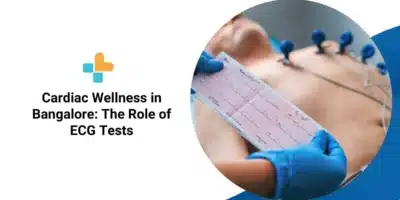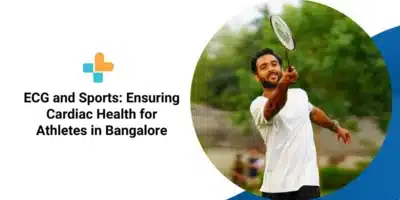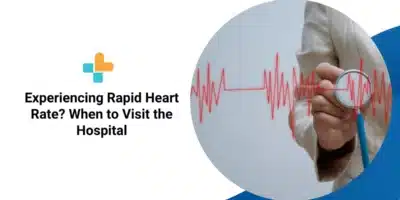
Our heart is one of the most important organs in our body. It pumps blood throughout the body and ensures every organ receives oxygenated blood.
The heart does this with the help of coronary arteries. They are the ones that provide oxygen-rich blood to the heart.
Blockages in the arteries can lead to life-threatening situations like heart attacks. Coronary Artery Bypass Grafting is a surgical procedure that is used to clear blockages in the arteries.
How do arteries get blocked?
Think of it this way- There’s a pipe that carries water. With time, mud and debris get accumulated in the pipe. What happens then? The debris obstructs the path of water and now, the flow of water is lesser.
Picture the arteries functioning in a similar manner. With time, cholesterol, calcium, and other materials get accumulated in the arteries. This makes blood flow slower and that’s what can lead to dangerous consequences.
The most common causes of artery blockage are smoking, having an unhealthy diet, high blood pressure, diabetes, etc.
Take a look at this picture which shows the different stages of blockages in an artery.
What are the symptoms of the blockage?
A blockage in the artery, also known as carotid artery disease usually cannot be detected until there is a major blockage.
Usually, when there is a blockage in the arteries, there is some amount of chest pain. This is called angina.
Some of the other symptoms that patients exhibit when there is a major blockage are:
- Palpitations
- Shortness of breath
- Weakness or dizziness
- Nausea
- Sweating
How are blockages treated?
Depending on the extent of blockage, there are treatments available. Listed here are some of them:
1. Medication
There are some medications available that can melt the blockages. Some of them are aspirin, heparin, beta-blockers, calcium blockers, etc.
Depending on the type of blockage and the doctors will prescribe the medication. However, these medications may have side effects. Taking the medications on time and in the exact prescribed doses is extremely important.
It’s important to discuss with your doctor, what side effects you might experience so that you can watch out for them.
2. Angioplasty
This procedure is usually recommended when the blockage is partial and there are only one or two arteries that have these blockages.
An angioplasty takes only about half an hour to perform. In this case, a stent is placed in the artery to remove the blockage and improve blood flow.
3. Coronary Artery Bypass Surgery
When the blockages in the artery are severe, coronary artery bypass surgery is recommended. This is mostly recommended when there are several blockages. This is also called by-pass surgery.
Coronary artery bypass surgery is major surgery and it usually takes 3-5 hours to perform. The main aim of the surgery is to replace the blocked artery with other healthy arteries or veins taken from your body.
Complete recovery takes about 6 to 12 weeks. This is the case in a traditional CABG surgery which is also called an open heart surgery.
There is a newer, more technologically advanced procedure called minimally-invasive CABG surgery. This procedure is done by making smaller incisions and hence, recovery is faster.
As you read earlier, there are usually no symptoms when there is coronary artery blockage until and unless it becomes severe.
This can be easily avoided with regular health check-ups and visits to doctors.Ayu Health offer a wide range of cardiology-related tests and procedures to take care of your heart. Doctors at Ayu Health have also been massively successful at practicing minimally invasive CABG surgery. To consult experienced cardiologists, call +91 6366-100-800 or book an appointment online now atAyu Health!
Our Hospital Locations
Cardiology Surgery Hospitals in Chandigarh | Cardiology Surgery Hospitals in Bangalore | Cardiology Surgery Hospitals in Jaipur | Cardiology Surgery Hospitals in NCR | Cardiology Surgery Hospitals in Hyderabad
Our Doctors
Cardiology Surgery Doctors in Chandigarh | Cardiology Surgery Doctors in Bangalore | Cardiology Surgery Doctors in Jaipur | Cardiology Surgery Doctors in NCR | Cardiology Surgery Doctors in Hyderabad




